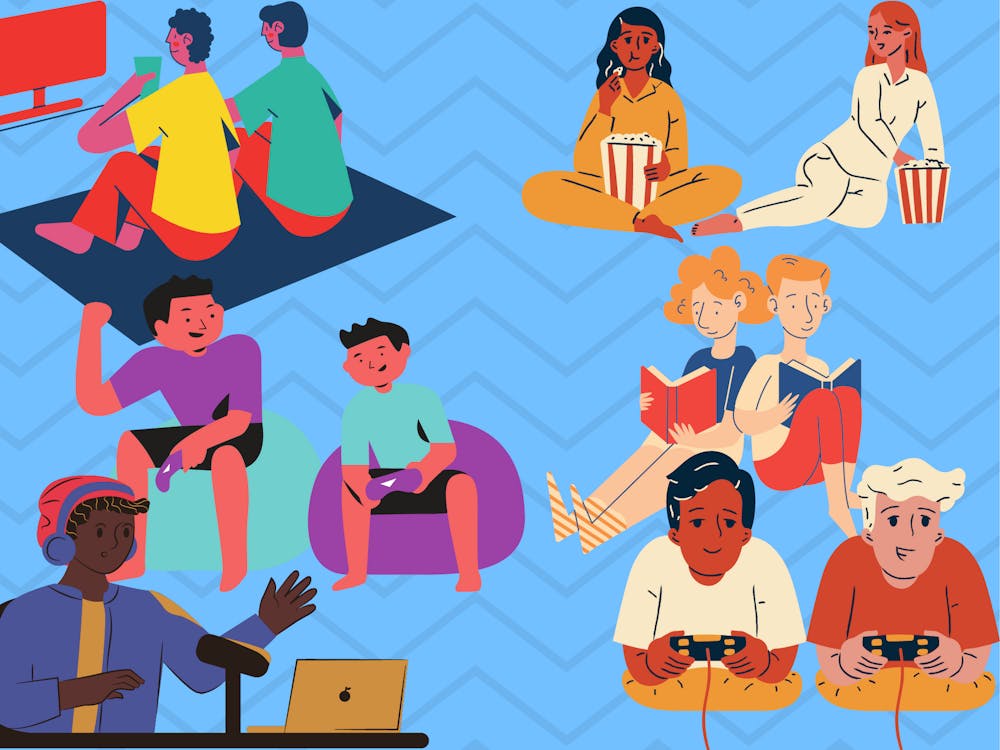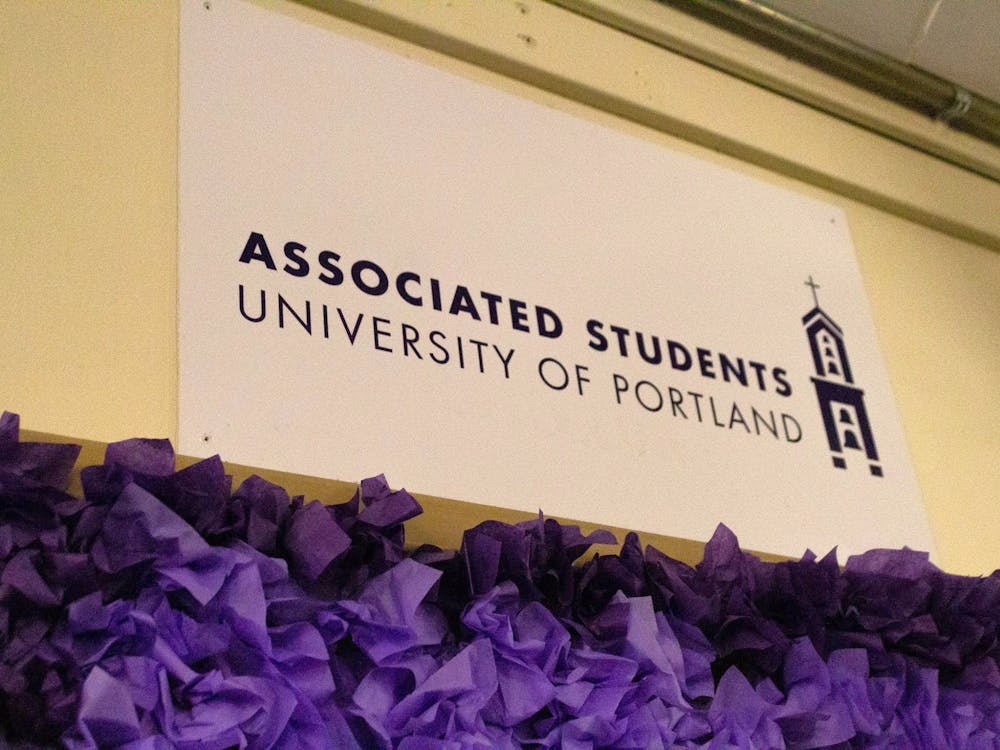Heart racing. Body temperature rising. Sweaty palms clicking your pen. Walking into a classroom with 40 other people, you have never felt more alone.
As students sat in classes on the first day of school, there was a collective sense of both excitement and anxiousness — in no particular order. After spending almost two years cooped up in your home, only talking to your close friends and family, and (hopefully) attending limited social events, the rates of people experiencing new or intensifying social anxiety are increasing across the nation.
“We're out of practice,” Louisa Egan Brad, UP professor of psychology, said. “We're like astronauts who've been in space for months and suddenly appreciate that walking around upright takes work. In our case, since we're so out of practice being around others in social and academic settings, we realize that being around people is cognitively demanding.”
A study earlier this year found that social anxiety symptoms have significantly increased during the COVID shutdowns all across the globe. Many have forgotten how to interact with others, are experiencing more anxiety in social situations and are discovering that social interactions that were once second nature, are now exhausting.
While in this state of increased social anxiety, it is vital to remember that you are not alone.
Whether you are experiencing new or worsening social anxiety, understand that many people are dealing with the same thing. Be patient with yourselves and others during the process of getting back into the groove of socializing. Psychologists confirm that it is completely normal to feel anxious and have a level of social dysfunction after living for a year in isolation.

“Be patient with yourself and with other people,” Egan-Brad said. “Some of us are still protecting vulnerable household members, others are now very in touch with their inner introverts and are simply less motivated to socialize, others are trying to remember how to read social cues. Others are so relieved to be part of something superficially normal again that they're unintentionally invading their classmates' personal and social space without any awareness of it.”
After being so accustomed to spending limited time with others, many students have been feeling the nerves set in with classes, meetings and social events returning in person. Even though this might be scary at first, it is important to push through and challenge your anxiety head on through the use of exposure therapy.
“With anxiety, the more a person avoids what they're anxious about, the bigger that anxiety monster grows — and it just turns into this other beast,” Renee Crowgey, professor of psychology, said. “The key to anxiety disorders or heightened social anxiety is figuring out small steps to get you back to those things that make you anxious.”
You can also combat and work through your social anxiety through alternative treatments such as meditation and yoga, as well as other grounding and mindfulness techniques.
If you are struggling with social anxiety or other aspects of mental health, the Health and Counseling Center is available to provide you with professional guidance. A few other mental healthcare resources in Portland include Cascadia Crisis Intervention, Portland Mental Health and Wellness and Multnomah County Behavioral Health Crisis Intervention.
Haviland Stewart is the Living Section Editor at The Beacon. She can be reached at stewarth22@up.edu.








